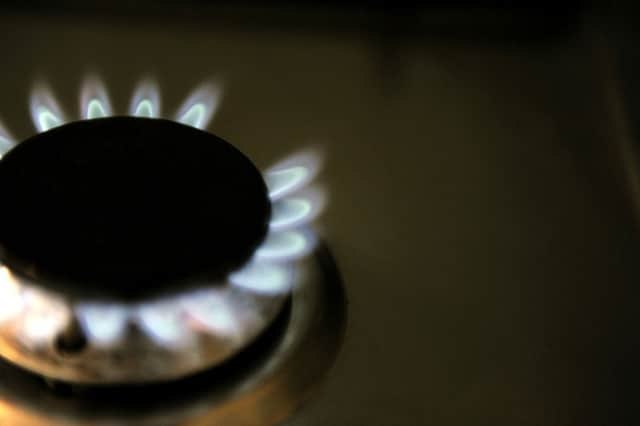Families overcharged £1.2bn by big six energy firms


The Competition and Markets Authority (CMA) said it was considering setting a maximum price limit for standard variable rate tariffs, which could see prices cut or frozen for around 70 per cent of customers with the big six providers.
A cap would cut bills for millions of customers, but last night the Prime Minister indicated he did not favour such action despite the widespread anger over the high cost of energy in the UK.
Advertisement
Hide AdAdvertisement
Hide AdThe CMA said its year-long inquiry into the energy sector found tariffs offered by the big six energy suppliers – British Gas, EDF Energy, E.ON UK, npower, ScottishPower and SSE – were around five per cent higher than they should have been between 2009 and 2013.
It outlined plans to encourage customers to switch to the best deals, but stopped short of recommending a break-up of the energy giants, saying competition in wholesale markets was working well.
The CMA said it uncovered “widespread consumer disengagement”, with around 70 per cent of customers on default standard variable rate tariffs despite better deals available.
More than 34 per cent of the 7,000 people polled for an extensive survey have never considered switching, according to the CMA.
It found dual fuel customers could save an average of £160 a year by switching to a cheaper tariff but often failed to do so because of a lack of awareness of which deals are available, “confusing and inaccurate” bills and worries over the difficulty of changing supplier.
The CMA said it plans to scrap recently introduced rules restricting suppliers to offering just four tariffs, saying they have in fact ended up reducing competition.
Instead, in its provisional findings, the CMA said it would look at measures to prompt customers to shop around, such as by using smart meters.
The CMA probe into the energy market was launched in the wake of a pledge by Labour in 2013 to freeze prices if it won this year’s general election, following years of sharp increases in electricity and gas prices.
Advertisement
Hide AdAdvertisement
Hide AdThe CMA research found that while residential customers were being overcharged by around five per cent between 2009 and 2013, small businesses were paying around 14 per cent more.
This means residential households are paying around £1.2 billion more a year for their energy, while small firms are forking out around £500 million too much a year.
David Cameron’s official spokeswoman said he did not agree with a cap on energy prices. His spokeswoman said: “The starting-point here is how do have a competitive market that keeps bills down and makes it simpler to switch?”